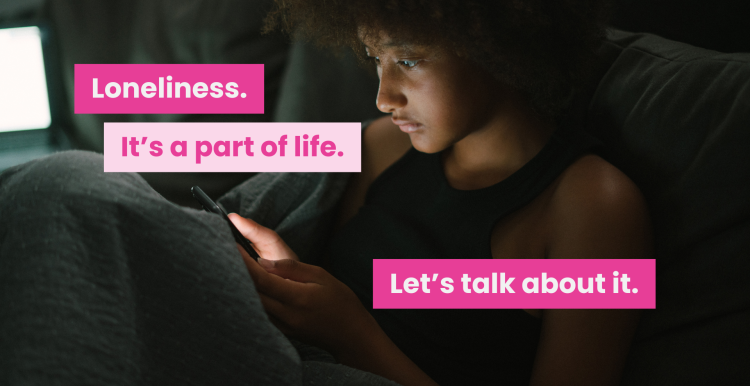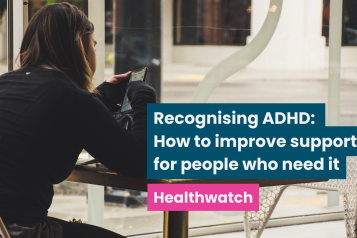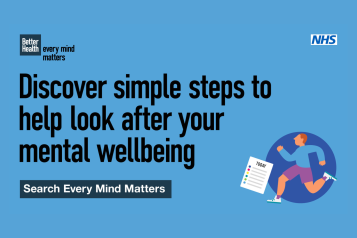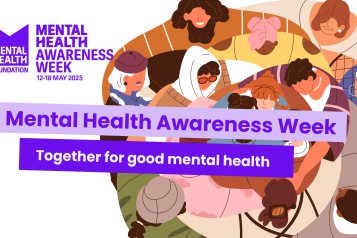Loneliness. It’s a part of life. Let’s talk about it.

Understanding Loneliness
Talking about loneliness can feel difficult or scary – but you’re not alone. It’s important to remember that many others experience similar feelings of loneliness too, and that this feeling can pass.
Loneliness can affect anyone, at any age, or at any stage in their life.
Why do I feel lonely?
You don’t have to be on your own to feel lonely. Loneliness is a feeling of disconnection.
You might feel lonely if:
- You're in a new place where you don’t feel connected to others.
- Your relationships feel out of sync, or communication has broken down with someone you are close to.
- You're surrounded by people but feel unseen or unheard.
- You're comparing your life to what other people share about theirs on social media
Big changes in life can also leave us feeling disconnected and out of touch, like:
- Moving away from home or somewhere new
- Starting a new job
- The end of a relationship
- Losing someone you care about
Is loneliness a mental health problem?
Loneliness isn't a mental health problem, it’s a feeling of social disconnection or isolation, but the longer we feel loneliness, the more it can start to affect our mental and physical health.
Long-term loneliness can:
- Increase feelings of stress, anxiety, or depression
- Lead to sleep problems
- Weaken your immune system
Mental ill health can also make us feel lonelier or more disconnected. If you’re struggling with your mental health you may want to isolate yourself, avoid social events and activities, and you might be self-critical, perceiving positive interactions negatively.
Loneliness can make us feel like there is something wrong with us, or that the world is an unfriendly and scary place, pushing us to isolate ourselves further.
It’s important to remember that loneliness is a common experience, that there is no shame in feeling lonely and there are little things you can do to help feel more connected.
Mental health support in South West London
From NHS mental health services to community counselling, crisis helplines, and wellbeing groups, explore trusted options to get the right help when you need it most.
There are things you can do that can help.
If you are feeling lonely, or know someone else who is, there are plenty of simple, affordable actions you can take, such as:
- Going for a walk with someone.
- Inviting someone out for a coffee and a chat.
- Finding out about affordable events nearby.
- Going along to a gym class or playing in a sports team.
- Joining a society or local community group to meet like-minded people;
- Reaching out to those around you so you can both feel the benefits of in-person social connection.
- Talking to somebody you trust about how you are feeling.
The first step to tackling loneliness is to acknowledge it, without embarrassment or shame. Reflect on the feelings that you are having and consider what would make you feel better. Focus on things that make you happy and fulfilled, taking steps to do them will give you more opportunities to meet people who you have things in common with.
Find more support and advice on the Better Health - Every Mind Matters Loneliness web page to help yourself or others who might be feeling lonely, or search ‘Loneliness Every Mind Matters’ for more support and advice.
Disabled people's experience of social isolation
When we spoke to local Disabled adults they told us about the obstacles to participation they experience. Inaccessible public transport, poor communication of what is available and stigma are just some of the factors that limit physically Disabled adults ability to be part of the local community.
“I am not isolated by a Disability, it’s the lack of options.”
Our recommendations ask Kingston Council, NHS providers, voluntary and community organisations and transport authorities to actively consider the needs of Disabled people in service design and take steps to ensure equitable access for all.


